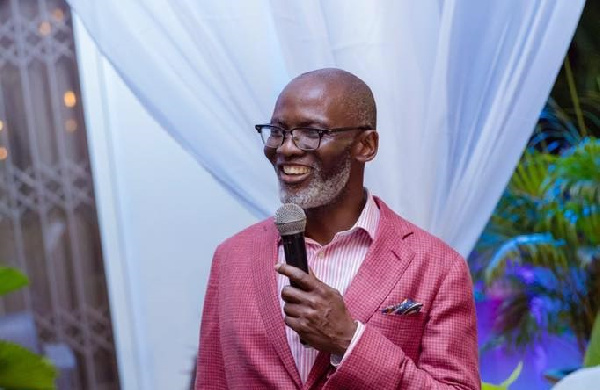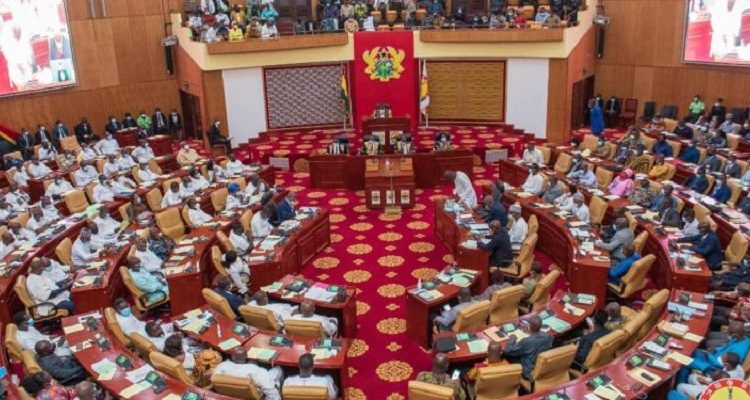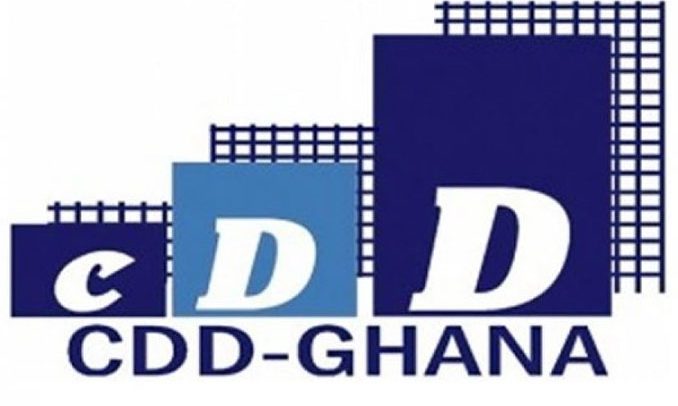
He asked where the Speaker would be if the Members of Parliament who voted for him to win the Speaker position had done so through a public vote.
“My good friend Mr. Speaker must first ask himself where would he have been today if MPs didn’t have a secret ballot on Jan 6?”He asked in a tweet.
Speaker Alban Bagbin had said that the sitting of the committee on the anti-gay bill which is currently before the House will be made public.
In his opening remarks as Parliament reconvened on Tuesday, October 27, he said, “the seating of the Committee will be public and the decision of this House will be public. We will want to know where each Member of Parliament comes in.
“I know Ghanaians are expectant and there are over hundred petitions before the Committee of Constitutional, Legal, and Parliamentary Affairs. But we will try not to allow any Filibustering of this bill. Because it is not only Africa, the whole world is looking for the outcome of this bill.”
“In fact, it has assumed some different dimensions. For me, this is healthy for a maturing democracy like Ghana. It is important we allow various shapes of opinions to canvass their position on the bill. As Ghanaians, I want to plead that we accommodate the views of others on whatever perception they have, and let’s maintain the peace that we have.
“It is a law that will take into consideration the richness of common sense, human decency, morality, fact, and logic. At the end of the day it will be a law that will transform this country into something else,” he added.
This directive attracted criticisms from some Ghanaians including private legal practitioner, Mr. Akoto Ampaw.
In the view of Mr. Ampaw, the Speaker’s directive had nothing to do with Parliamentary procedure.
Rather, he asserted, it is meant to let the majority of Ghanaians who are opposed to homosexuality use it as a benchmark for voting in the next general elections.
He said “It is for Members of Parliament to decide whether or not the Bill will be passed. I am sorry to say that this is a bit by the Speaker that everybody votes in public so that Ghanaians will see whether they stand. It is a political bait.
“It is not a legislative process. So that the vast majority of Ghanaians who are opposed to homosexuality, as the CDD survey suggests, will use this as a benchmark for political elections, it has nothing to do with the constitutionality of the bill.”
The Promotion of Proper Human Sexual Rights and Ghanaian Family Values Bill was laid in the House on Monday, August 2, and read for the first time.
Reading for the first time, a clerk in the legislative assembly stated that the Bill prescribes lesbian, gay, bi-sexual, transgender, queer, and intersex (LGBTQI) and other related activities and propaganda or advocacy and promotion for same.
It also came to light that it supports protection for children and persons who are victims or accused of homosexuality.
Second Deputy Speaker Andrew Asiamah Amoako referred the Bill to the Constitutional, Legal, and Parliamentary Committee for consideration.
“For the first time, it is referred to the Committee on Constitutional, Legal and Parliamentary Affairs for consideration and report,” Mr. Asiamah Amoako, who is also the MP for Fomena, directed.
The controversial bill has already divided opinion in the Ghanaian public discourse.
While some, particularly the religious and traditional groupings, have supported the Bill and are hopeful of its passing, others say it could incur the wrath of the international community against Ghana. Read Full Story





















Facebook
Twitter
Pinterest
Instagram
Google+
YouTube
LinkedIn
RSS